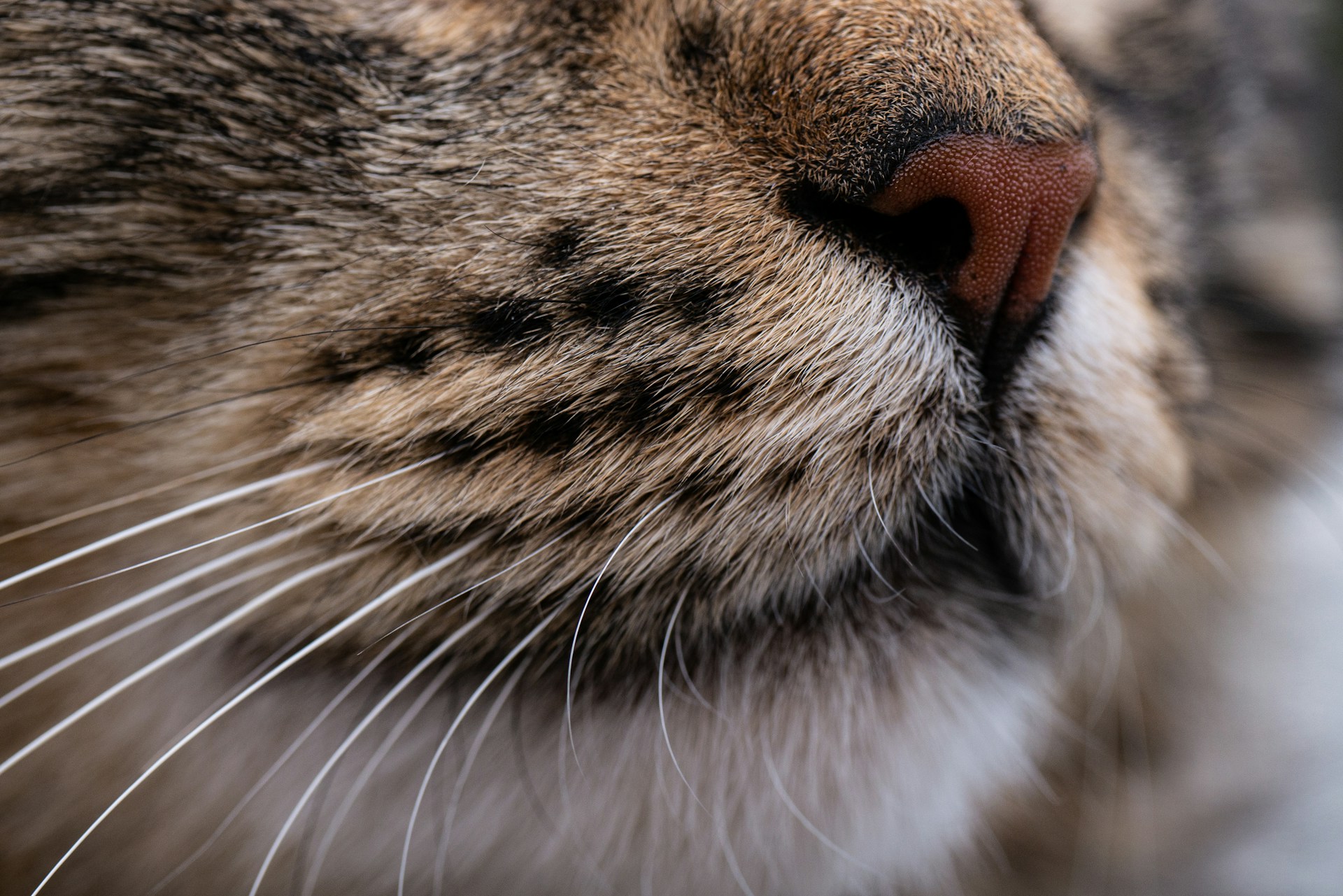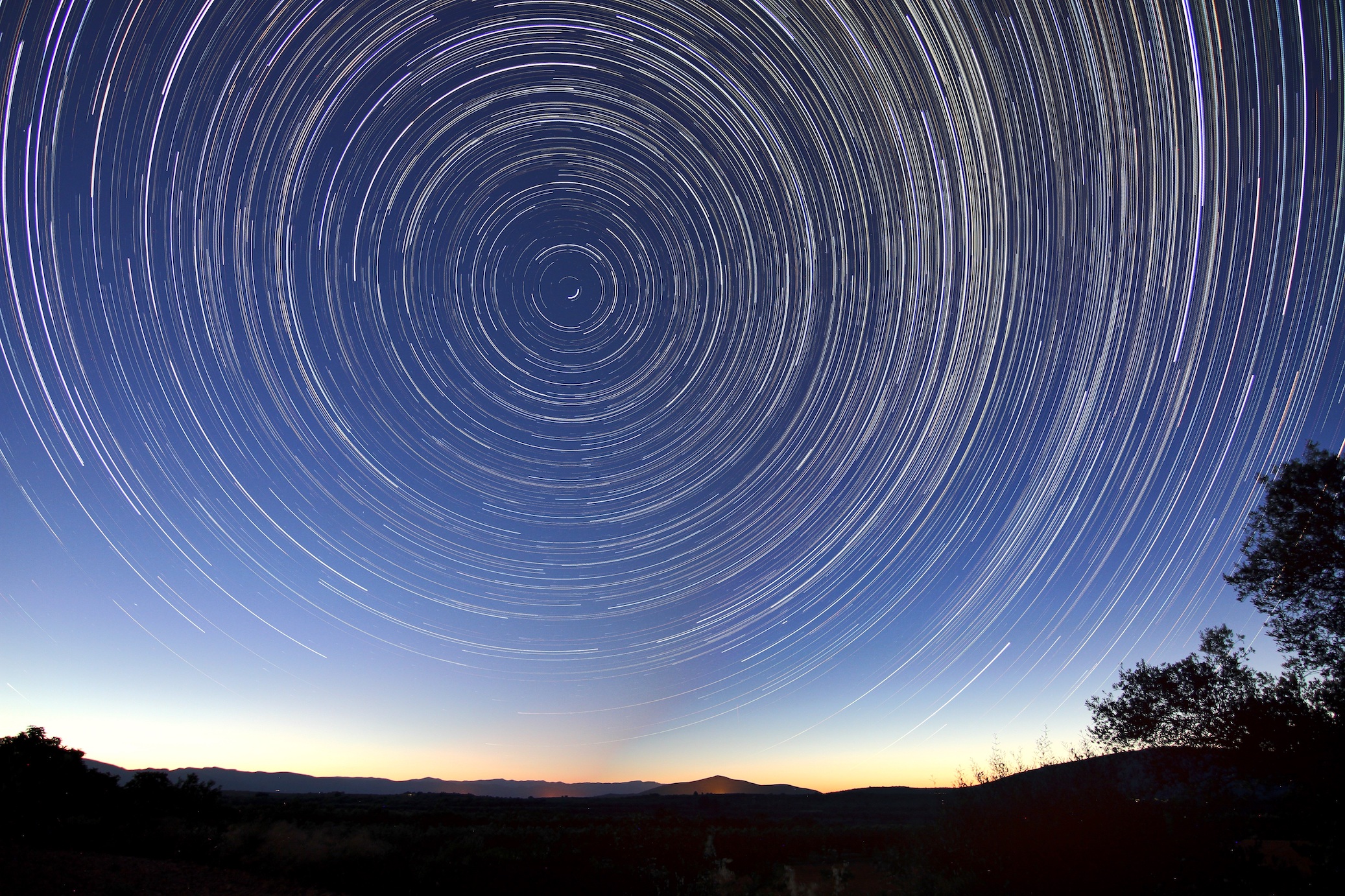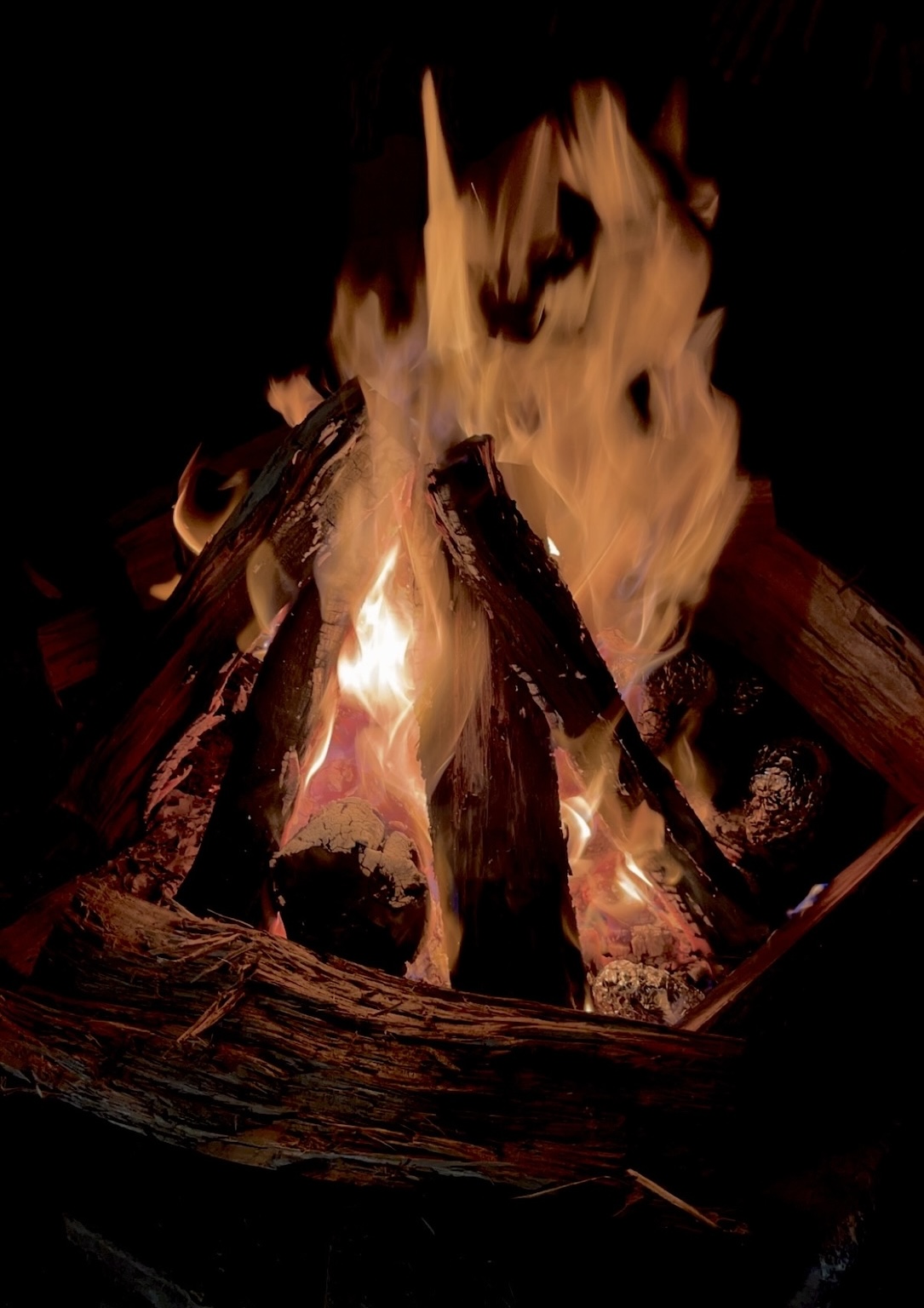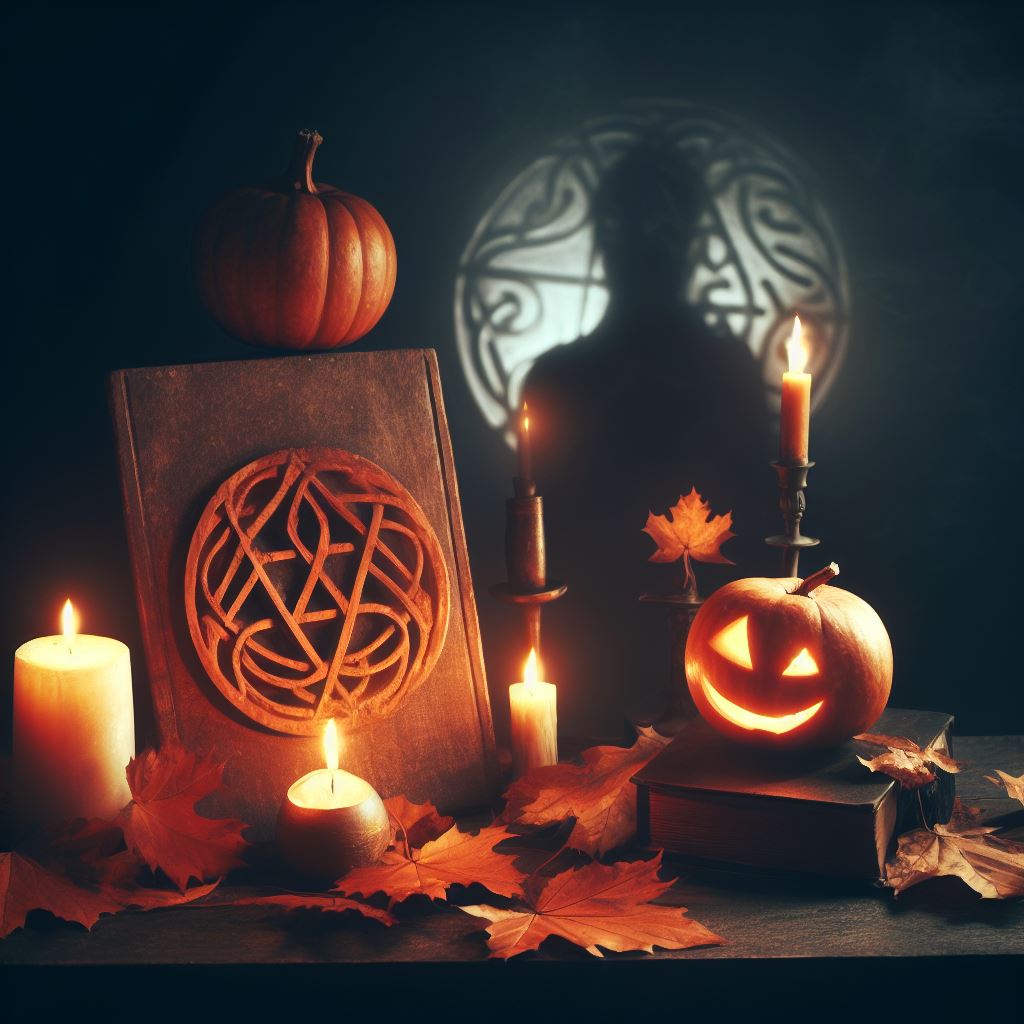As we continue to explore the fascinating world of magick, it becomes increasingly clear that the common understanding of this practice is often clouded by misconceptions. Magick is not just a relic of the past or fodder for fantastical media but is a living tradition rich with complexity and contemporary relevance.
This article aims to build on our previous discussion by debunking another set of myths, broadening our understanding and appreciation of magick’s true nature.
Misconception 6: Magick is Anti-Science
The idea that magick and science are mutually exclusive is a persistent myth that does a disservice to both fields. Rather than being opposing forces, magick and science often intersect in ways that are mutually enriching, revealing the depth of human inquiry into the nature of reality.
Magick and Scientific Inquiry
Magickal practices have historically incorporated many elements of what is now considered scientific methodology. Alchemists in the Middle Ages, for instance, contributed to the development of chemistry. Their meticulous experiments laid the groundwork for modern scientific practices. Furthermore, contemporary magick often involves herbalism, which uses empirical knowledge about plant properties that overlap significantly with botanical sciences.
Historical Figures and the Integration of Magick and Science
Prominent scientists like Isaac Newton spent considerable parts of their careers studying alchemy and the occult. These studies were not considered fringe at the time but were integral to their broader inquiries into the natural world. This historical integration suggests that the division between magick and science is more a construct of modern biases than a reflection of the true relationship between these disciplines.
Misconception 7: Only Certain Religions Practice Magick
Magick transcends cultural and religious boundaries, manifesting in various forms across different belief systems. It is not the sole purview of Wiccans and Pagans; magickal elements are found in many of the world’s major religions.
Magick in World Religions
In Christianity, the mystical traditions of the saints often include practices that could be considered magickal, such as visions and miracles, which involve invoking divine power through prayer and ritual. Judaism’s Kabbalah offers a mystical and magickal interpretation of the Torah, focusing on the esoteric energies of creation. Sufism, an Islamic mystical tradition, similarly incorporates elements of spiritual alchemy and esotericism.
The Universal Role of Magick
These examples show that magickal practices often overlap with religious rites, serving to deepen spiritual understanding and connection. They illustrate that magick is a universal human experience, a tool for exploring the mysteries of life and existence, regardless of one’s religious affiliation.
Misconception 8: Magickal Tools are Merely Superstitious Objects
Magickal tools are often dismissed as mere superstitions. However, in the practice of magick, these objects play a critical role in facilitating mental focus and manifesting metaphysical changes.
The Function of Magickal Tools
Tools like wands, crystals, and tarot cards are not inherently powerful but are used to channel and direct the practitioner’s intention and energy. A wand, for example, serves as an extension of the practitioner’s will, while crystals are employed for their properties of energy modulation. These tools are symbolic and operational aids in the complex processes of magickal practice.
Symbolism and Psychology in Tool Use
The use of these tools is deeply symbolic and taps into the collective unconscious—a concept widely acknowledged in psychology. By engaging with these symbols, practitioners connect to deeper psychological archetypes, which can catalyze profound psychological insights and transformations.
Misconception 9: Practicing Magick is Dangerous
While magick involves profound forces, it is not inherently dangerous to those who practice it responsibly. Ethical guidelines and community standards play a crucial role in safeguarding practitioners.
Ethical Practices in Magick
Responsible magickal traditions include robust ethical guidelines designed to prevent harm. For example, the Wiccan Rede (“An it harm none, do what ye will”) explicitly forbids practices that cause harm to others. Such ethical norms ensure that magick is practiced safely and positively, contributing to the practitioner’s and the community’s wellbeing.
Media Misrepresentations vs. Reality
Media often sensationalizes magick as dangerous or malevolent, focusing on dramatic depictions of curses and spells gone awry. In reality, most magickal practices are geared towards healing, protection, and personal growth—far from the hazardous portrayals in popular culture.
Misconception 10: Magick is a Solitary Practice
Contrary to the popular image of the lone practitioner, magick often involves a community context, which can significantly enhance and inform the practice.
The Role of Community in Magick
Many magickal practitioners work within groups, such as covens or magickal orders, which provide support, shared knowledge, and collective energy that enhance the individual’s practice. These communities foster a sense of belonging and provide a framework for ethical accountability and personal development.
Benefits of Communal Magick
Working in a magickal community allows for the sharing of rituals, spells, and insights, which can be particularly beneficial for novice practitioners. Additionally, community rituals can achieve greater complexity and power than solitary practices, leading to more significant magickal outcomes and deeper spiritual experiences.
This exploration into the misunderstood aspects of magick reveals a complex, nuanced practice enriched by history, science, and community. By dispelling these myths, we open the door to a more profound understanding and appreciation of magick as a meaningful and substantive spiritual discipline. As we continue to explore these themes, let us approach magick with the curiosity and respect it deserves, recognizing its potential to enrich our lives and expand our spiritual horizons.
















